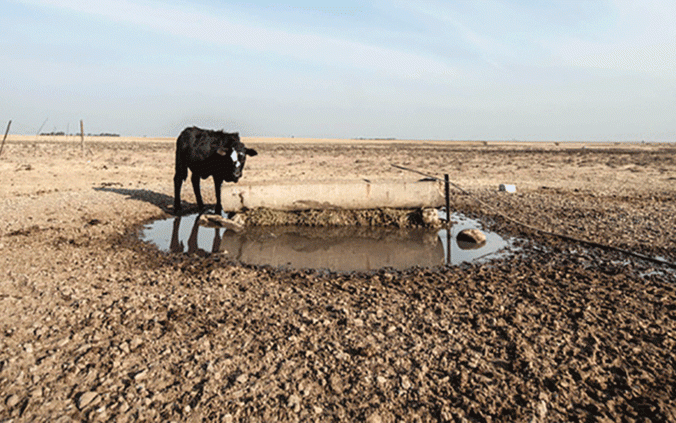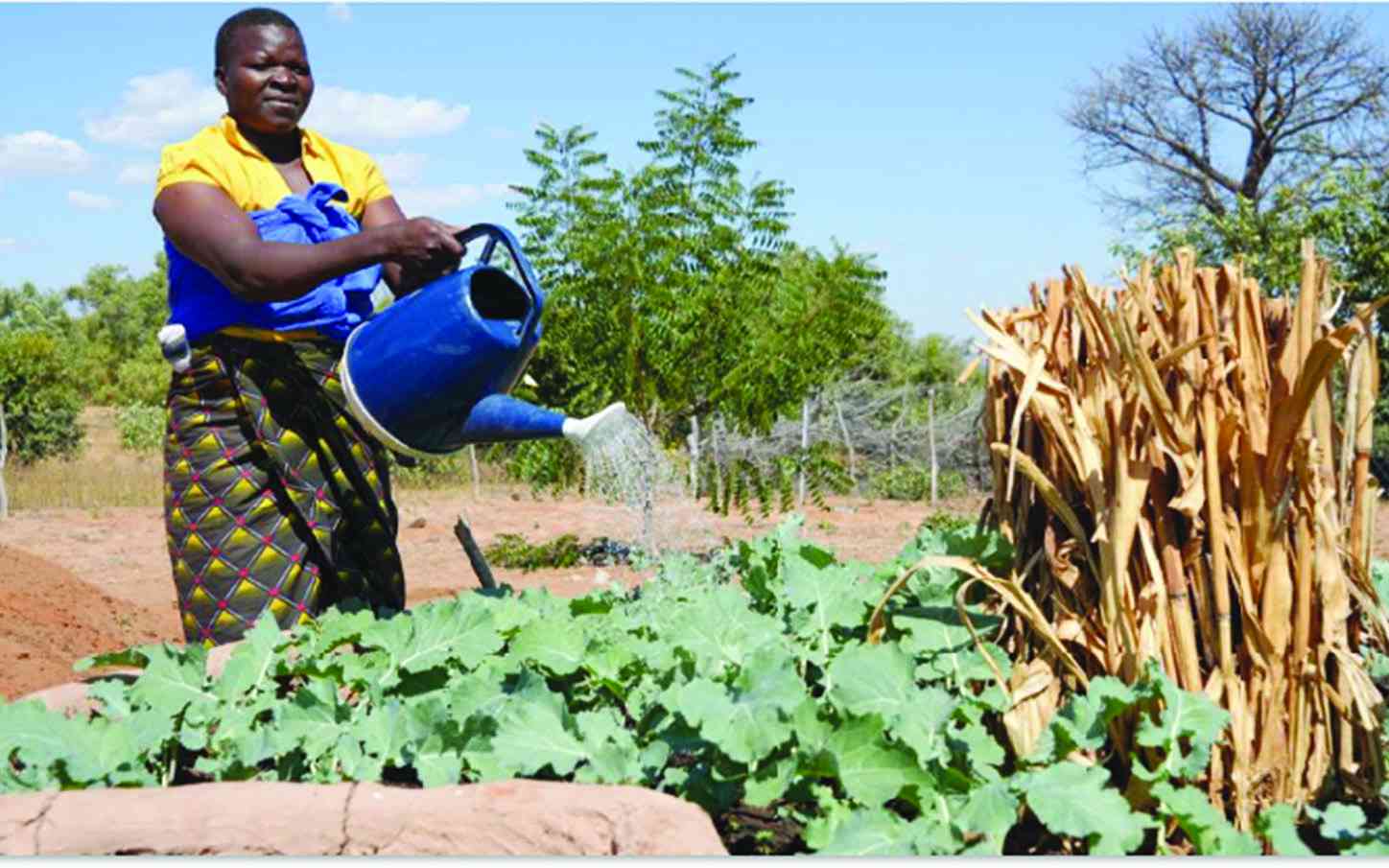
A LOCAL civic organisation, Economic Justice for Women Programme (EJWP), has launched an academy for climate action which seeks to establish and strengthen a community-based transformative feminist movement of climate justice activists.
As climate change becomes a cause for concern, the organisation hopes to actively promote climate actions at local, national, regional and global levels, especially among women who often face the adverse effects of climate change. The Feminist Academy for Climate Action (FACA), which was launched in Hwange recently, will provide a unique platform to empower women and gender non-conforming individuals to actively engage in climate action.
EJWP director Margaret Mutsamvi said: “We are also looking at strengthening advocacy efforts to influence policies and strategies and promote gender equality in climate action on local, national and international platforms.
“Women and gender non-conforming individuals from diverse backgrounds, including rural and communities at-risk in climate emergencies are a key part of the programme. We are also targeting local activists, community leaders and civil society organisations working on climate change and gender equality, students, researchers and professionals interested in advancing their knowledge and expertise in feminist climate action as well as government officials, policymakers and key stakeholders engaged in climate policy development and implementation.”
By combining feminist principles and climate advocacy, Mutsamvi said FACA will foster knowledge, skills and leadership development to drive sustainable, inclusive and gender-responsive solutions at all levels.
The academy also seeks to foster leadership skills and empower participants to become agents of change in their communities while developing a network of climate activists, practitioners, researchers and policymakers committed to advancing gender-responsive climate solutions.
In 2017, government crafted the national climate policy (NCP) that focuses on addressing climate change challenges and crafting mitigation strategies.
The NCP’s main objective is to create a pathway towards climate resilient and low carbon development in which the people have enough adaptive capacity and continue to develop in harmony with the environment.
- Informal sector women lobby for economic justice
- Women’s Bank under fire
- Civic organisation launches climate action academy
- Fresh push to tackle GBV
Keep Reading
While the policy position is supported by the national climate change response strategy among other supporting pillars, Mutsvamvi said the climate change narrative has remained elitist and devoid of citizens’ collective voice.
“The top-bottom approach as witnessed by lack of climate change literacy among women, means EJWP has an opportunity, not only to be found in mitigation and adaption strategy discourse, but also to begin to ask hard questions on why communities especially women find themselves so vulnerable in climate crises.
“Women experience additional difficulties because they are typically responsible for sourcing water and preparing food; caring for children, the injured, sick and elderly; and maintaining family and community cohesion,” she added.










